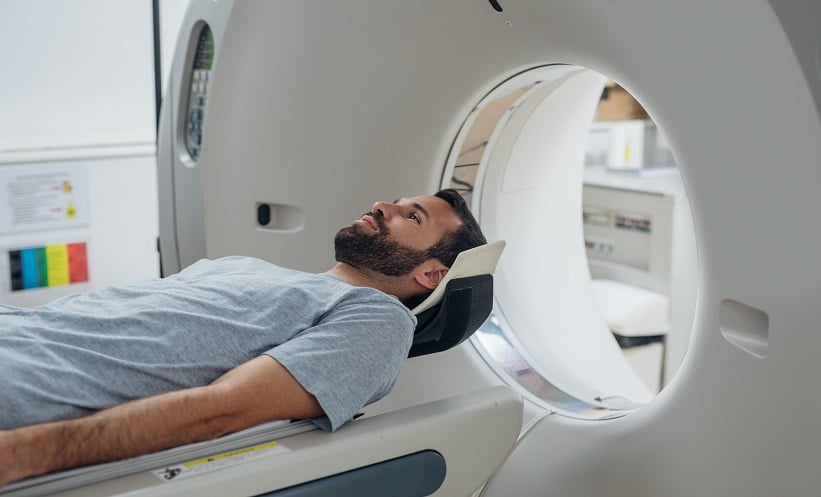A new cohort study suggests that many men with suspected prostate cancer can safely avoid biopsies after receiving negative magnetic resonance imaging (MRI) results, provided they are monitored regularly. Conducted in Berlin, Germany, across 54 urology practices and two radiology centres, the research followed 593 biopsy-naive men over three years to assess the safety of an MRI-based diagnostic strategy.
The findings reveal that nearly half (48%) of participants had negative MRI results. Among them, 86% avoided prostate biopsies entirely during the three-year follow-up. Only 4% of those with negative MRI results who exhibited sustained clinical risk were eventually diagnosed with clinically significant prostate cancer (csPCa), defined as grade group ≥2 by the International Society of Urological Pathology.
The study highlights the high negative predictive value of prebiopsy MRI, supporting its role as a reliable tool for identifying men at low risk of significant prostate cancer. This approach may reduce unnecessary invasive procedures and their associated risks.
Over the course of the trial, clinically significant cancer was detected in 29% of all participants. For those with positive MRI results, 19% showed no cancer after biopsy, but 7% of these were later diagnosed with csPCa during monitoring.
The results underscore the importance of programmatic safety measures, such as regular clinical assessments, in implementing MRI-based diagnostic strategies. Researchers conclude that men with negative MRI results can safely forgo immediate biopsies without compromising cancer detection when active monitoring is in place.
Helena Bradbury, EMJ
Reference
Hamm CA et al. Oncological safety of MRI-informed biopsy decision-making in men with suspected prostate cancer. JAMA Oncol. 2024. doi:10.1001/jamaoncol.2024.5497.








